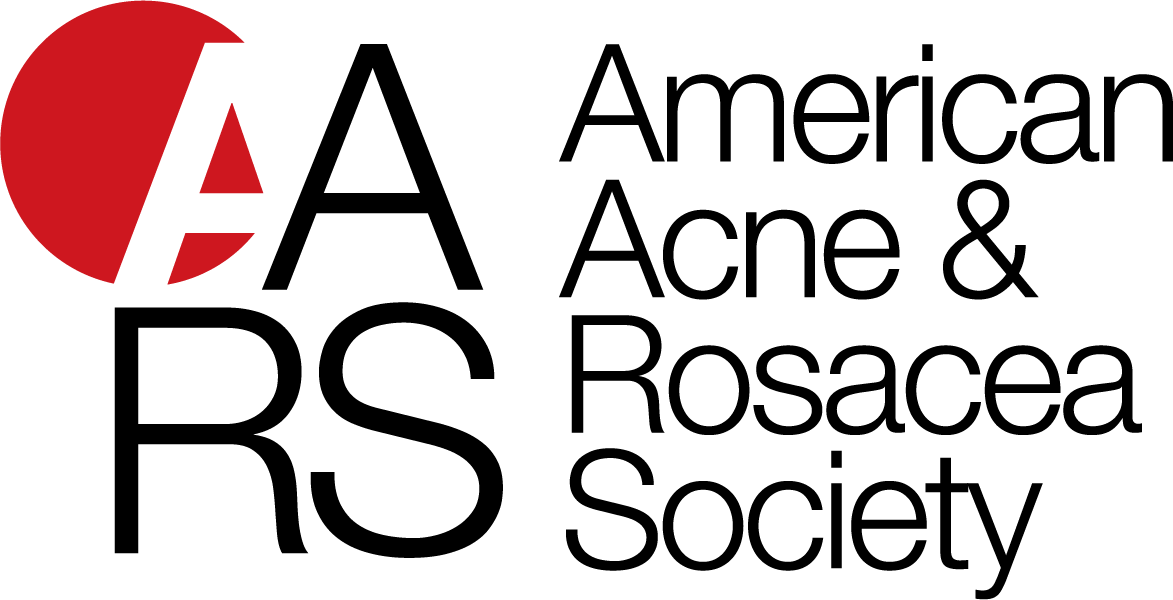Carrie C. Coughlin, MD
Washington University School of Medicine
St. Louis, MO
2014 Research Grant Recipient
Research Grant Proposal
The Preadolescent Acne Microbiome: Effects of Topical Therapy
Acne is one of the most common disorders encountered in primary care pediatrics. The important role of Propionibacterium acnes has long been suggested as a key factor in the evolution of comedonal acne to inflammatory acne. Metagenomic analyses of acne patients have recently identified specific strains of P. acnes that are associated with more severe acne.
An apparent increase in the incidence of preadolescent acne has been documented among those between 7-11 years of age. However, little is known about the specific role P. acnes plays in preadolescent acne. The purpose of this study is to apply molecular methods to better characterize the skin microbiome of preadolescent acne patients at baseline and after topical antimicrobial therapy. The target population is preadolescent acne patients (7-11 years of age) at the Children’s Hospital of the Philadelphia.
The primary aim of this study will be to characterize the acne microbiome compared to controls without acne. The secondary aim of this study will be to characterize changes in the microbiome after treatment with topical benzoyl peroxide or topical retinoid.




